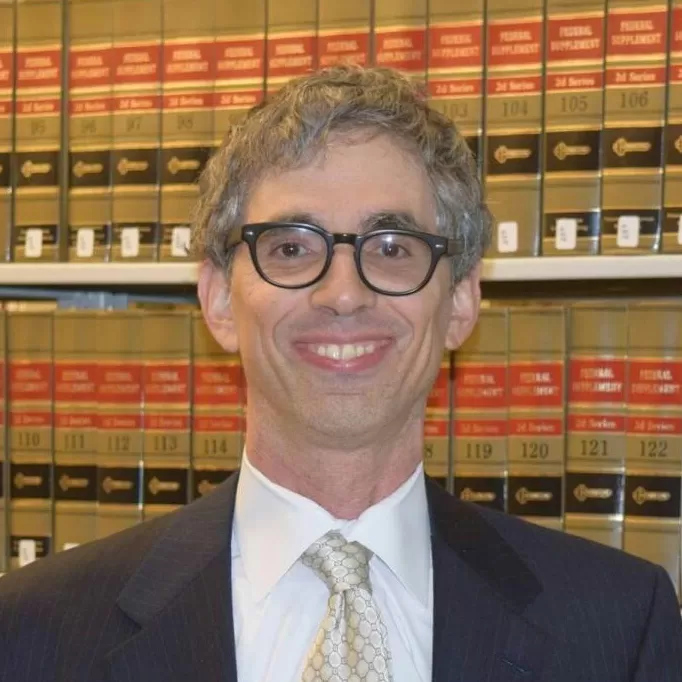Michael Lewyn is a professor at Touro University, Jacob D. Fuchsberg Law Center, in Long Island. His scholarship can be found at http://works.bepress.com/lewyn.
Two Cheers for Romney
<p class="MsoNormal"> The conventional wisdom among Americans who spend lots of time thinking about public transit is that four more years of Obama will be good news, and the election of the Romney-Ryan ticket would be bad. I have to admit that this belief is by no means completely irrational: after all, President Romney will be much less likely than President Obama to veto a transportation bill passed by a Republican Congress, and might propose a mere austere budget than President Obama. Nevertheless, I think there are good reasons to believe otherwise. </p>
NIMBY Zoning And the Tragedy Of The Commons
<!--[endif]---->Decades ago, ecologist Garrett Hardin wrote about the "tragedy of the commons"- when an action that is rational for one person becomes irrational when widely practiced. <p class="MsoNormal"> For example, suppose that there are a few dozen cattle ranchers near a pasture open to all.<span> </span>It makes sense for each rancher to let as many cattle graze as possible on the pasture, so that the ranchers can feed their cattle without buying additional land.<span> </span>But if every rancher lets as many cattle as possible graze, sooner or later the land will be overgrazed and the cattle may starve. </p>
A Tale of Three Lobbies
<p> In the early 1990s, transportation politics at both the state and federal levels was often fairly simple: an all-powerful Road Gang (made up of real estate developers and road contractors) typically got whatever it wanted, rolling over a much weaker pro-transit coalition of environmentalists and urban politicians. </p>
Traffic deaths, safety and suburbia, Part 2
<p class="MsoNormal"> <span style="font-size: 11pt; font-family: 'Century Schoolbook'">A couple of months ago, I wrote a blog post comparing the safety of inner suburbs and outer suburbs. (See <a href="/node/56468">http://www.planetizen.com/node/56468</a> )</span> </p> <p class="MsoNormal"> <span style="font-size: 11pt; font-family: 'Century Schoolbook'">My post showed that (in least in the metropolitan areas I looked at) inner suburbs were safer than outer suburbs, because violent deaths from murder and traffic combined were lower in the former.</span> </p>
Nothing really pays for itself (except maybe toll roads)
<p> Arguments over transportation policy often run as follows: </p> <p> HIGHWAY SUPPORTER: Highways pay for themselves! Buses/trains don't! So highways good and everything else bad bad bad! </p> <p> TRANSIT SUPPORTER: But highways create bad externalities like pollution and climate change! So if highways were taxed at their true cost gas would cost a zillion billion cajillion dollars per gallon! (followed by numerous counterarguments and counter-counterarguments that I won't bore you with, except as written below...) </p> <p> It seems to me that these arguments miss one point: even if the highway system as a whole pays for itself, the system is so chock full of cross-subsidies that each individual road doesn't (except for toll roads). </p>

























